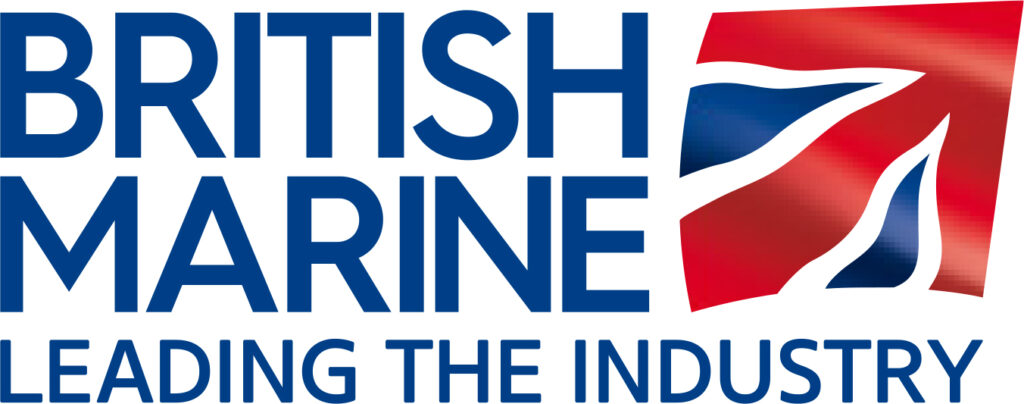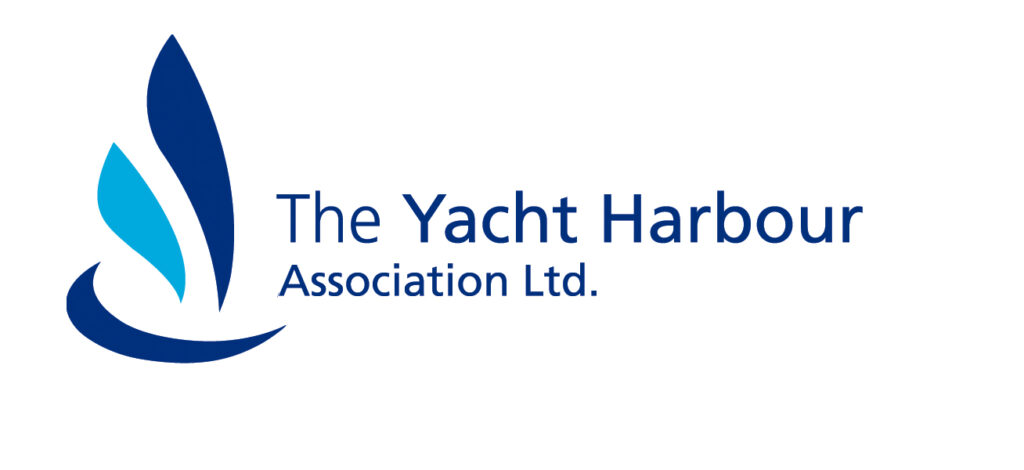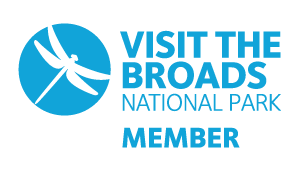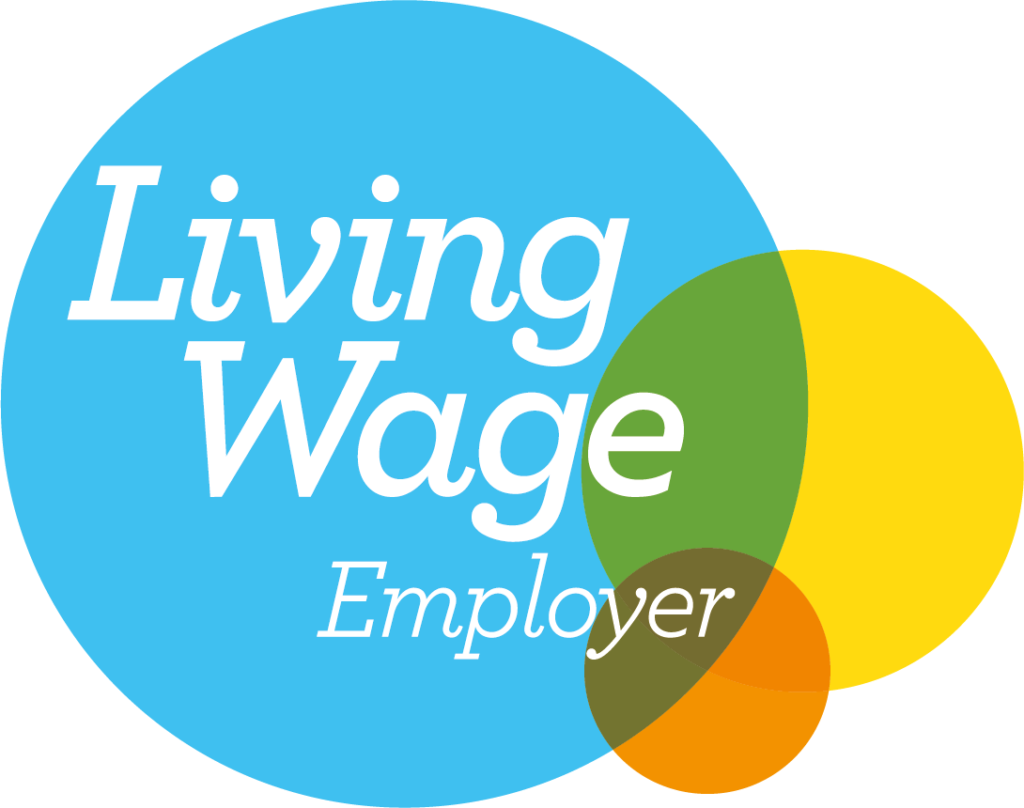View the Broads Authority waterway codes here:
http://www.broads-authority.gov.uk/boating/navigating-the-broads/safety/waterways-codes
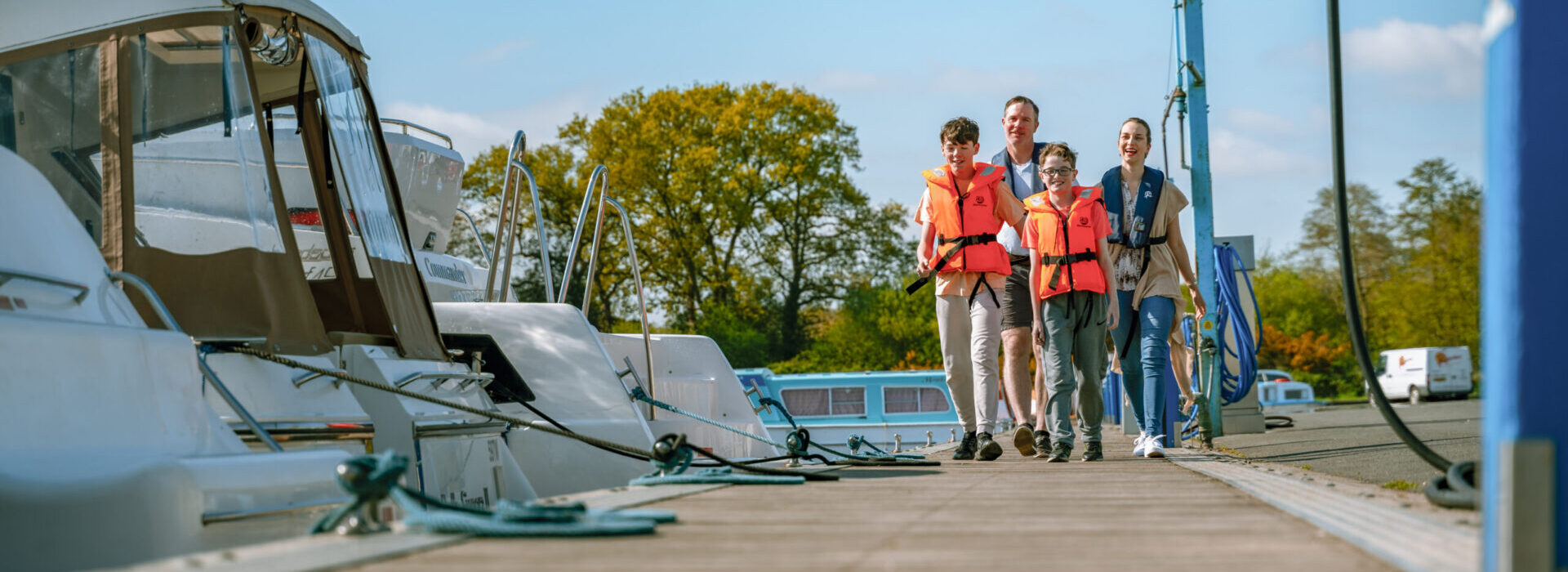
View the Broads Authority waterway codes here:
http://www.broads-authority.gov.uk/boating/navigating-the-broads/safety/waterways-codes
To help ensure you have a safe and relaxing holiday we have some guidelines to follow:
DO Wear your buoyancy jacket – all of you – all the time you are on deck, on the bank when mooring and any other time you might fall into the water.
DO Ensure you wear flat-soled, non-slip rubber shoes when onboard
DO Hold on – never take risks that may result in your falling in. Always hold on to grab rails. Always insist that non-swimmers stay in the cockpit whilst the boat is in motion.
DO Give help quickly if anyone falls in, either by hooking their clothes with a boat hook or by throwing a lifebelt.
DO Make sure everyone aboard knows the location of all emergency equipment, lifebelt, fire extinguisher, fire blanket etc and ensure they are all free and ready for use.
DO Make sure you know how to operate the boat’s fire extinguishers.
DO Study the artificial respiration chart in your boat manual.
DO Contact a boatyard immediately if you suspect a fuel or gas leak. They will gladly advise and help.
DO Make sure, when moored to the bank, quay or another craft, that the hull of your boat is protected by fend-offs. At all other times, leave the fenders down, hanging neatly half way between deck and water. They can be a valuable safety aid if anyone falls overboard and needs something to grasp onto.
DO Use your boathook with care. Never spike it into decks and roofs of other craft to fend off. If you apply too much pressure on the hook and the pole snaps there is a real danger of being impaled by the broken end.
DO Remember that on no account should you tow, or be towed by, other boats unless with professional assistance as towing can be an extremely hazardous operation if undertaken incorrectly.
DO Keep your mooring lines neatly coiled on deck when not in use and do not unnecessarily clutter the deck areas. It makes life much easier and reduces the risk of trip hazards.
DO Make sure a responsible crew member handles the ropes when mooring, particularly in tidal areas. (Young children should not carry out mooring procedures).
DON’T Use your buoyancy jacket for bathing.
DON’T Stand up in a dinghy.
DON’T Step up on a dinghy’s gunwhale (edge) when climbing in and out. Step into the centre of it and be ready to balance the weight of others as they step into it.
DON’T Tow your dinghy more than three or four feet behind your boat. Rowlocks should be unshipped when not in use and the mast must not be up.
DON’T Allow the mast and sail to protrude over the dinghy’s bow.
DON’T Jump off a moving boat – if you fall it may crush you.
DON’T Approach anyone in the water stern first – that’s where the propeller is.
DON’T Attempt to stop your boat by pushing it with your foot or hand. Boats are far too heavy and you risk serious injury.
DON’T Throw any rope, line or debris (watch out especially in shallow water) which may get round your propeller. It is your responsibility to arrange and pay for its removal, if that becomes necessary.
DON’T Use the gas appliances i.e. cooker etc. while the boat is in motion.
DON’T Allow extra people beyond the total crew you declared at the time of take-over without the boat operator’s prior authority. The ventilation and accommodation are designed for the number of crew advertised only. Never ever carry more than 12 people on board any boat at any time.
DON’T Cruise after dark. You have no navigation lights and are not insured for night cruising.
DON’T Throw your anchor aboard from ashore.
DON’T Use the deck cleats for towing, or being towed by, other boats. They are to be used for mooring purposes only.
DON’T Run aground, should you do so you will need to seek professional assistance by getting a message to the nearest boatyard or river inspector patrol.
DON’T Raise or lower a canopy, if you have one, except when moored. Make sure it is firmly fastened in windy conditions. It is lightly built and must not be stood on or used as a seat.
Your boating holiday should be a fun and relaxing break. Whilst every effort is made by us to ensure your safety, participants should be aware that boating and associated activities involving the water, involve a certain amount of assumed risk. You and your party should accept the inherent risks and ensure that your party has sufficient knowledge, skill and fitness for such activities.



